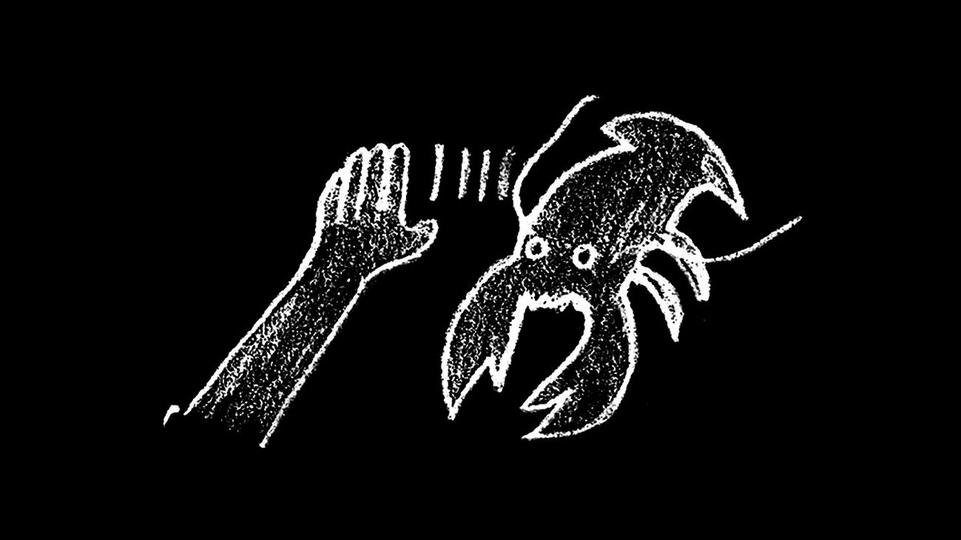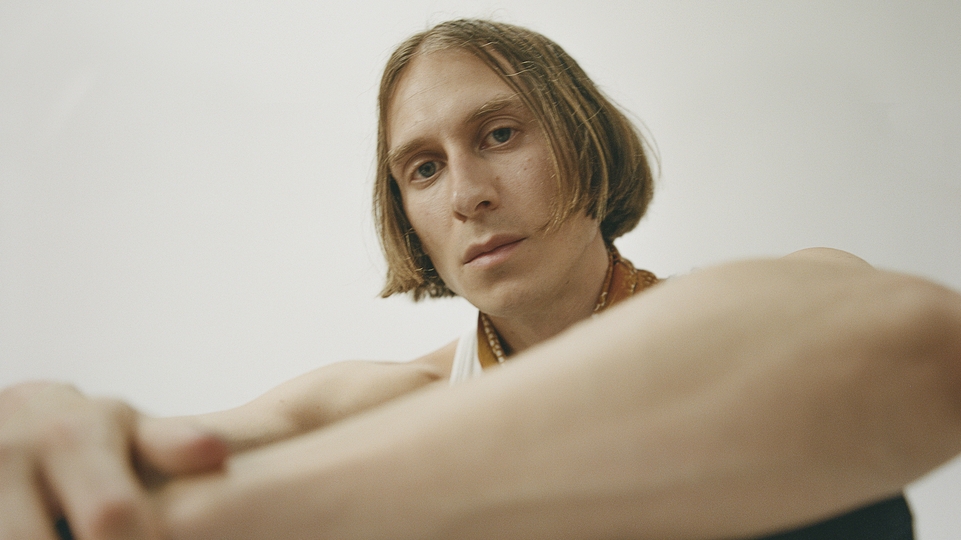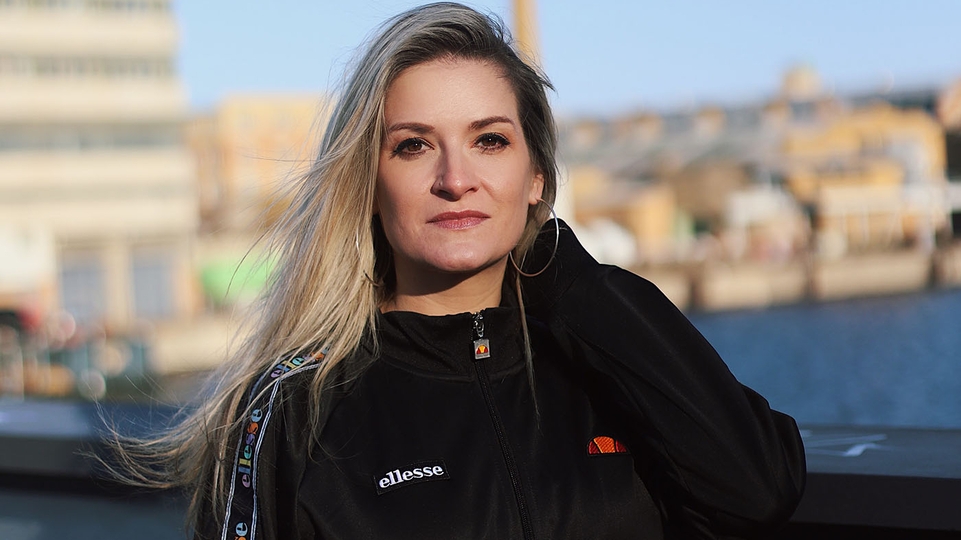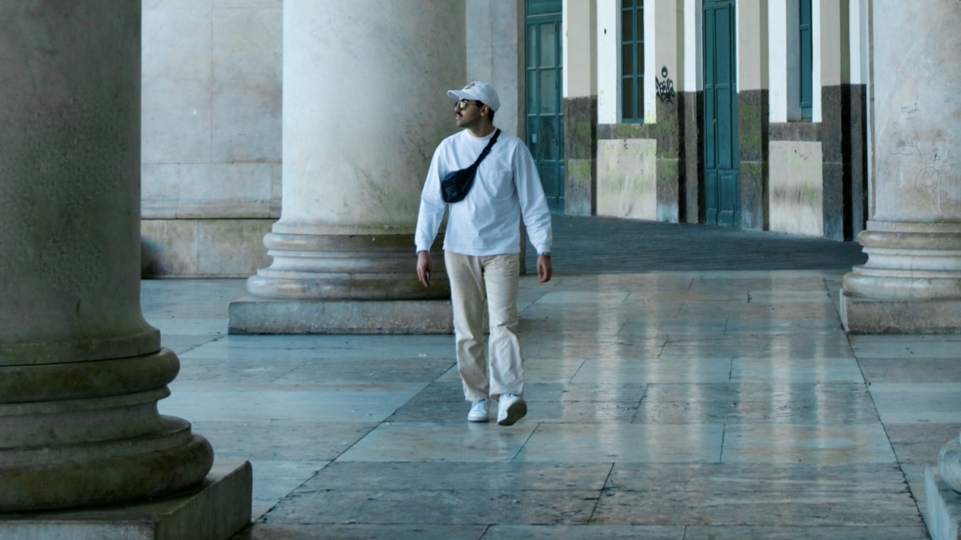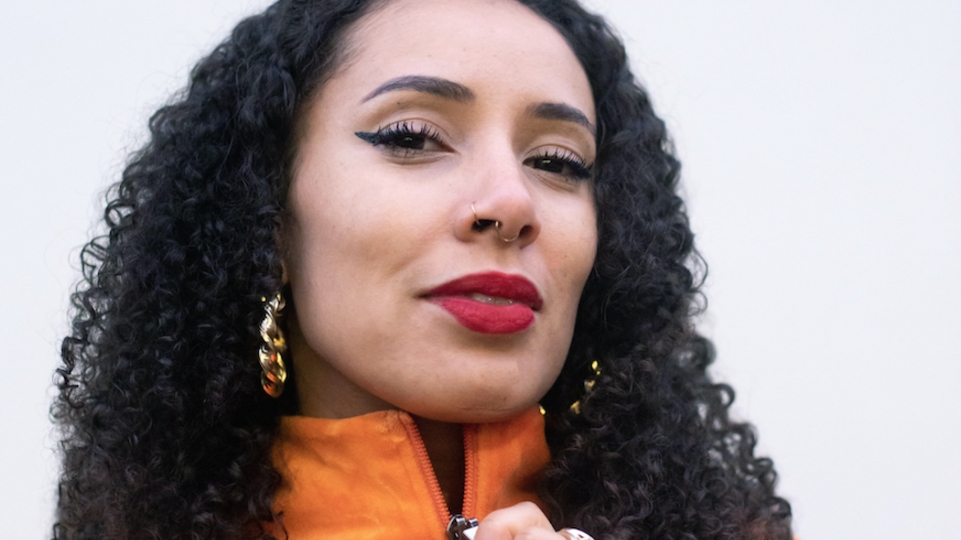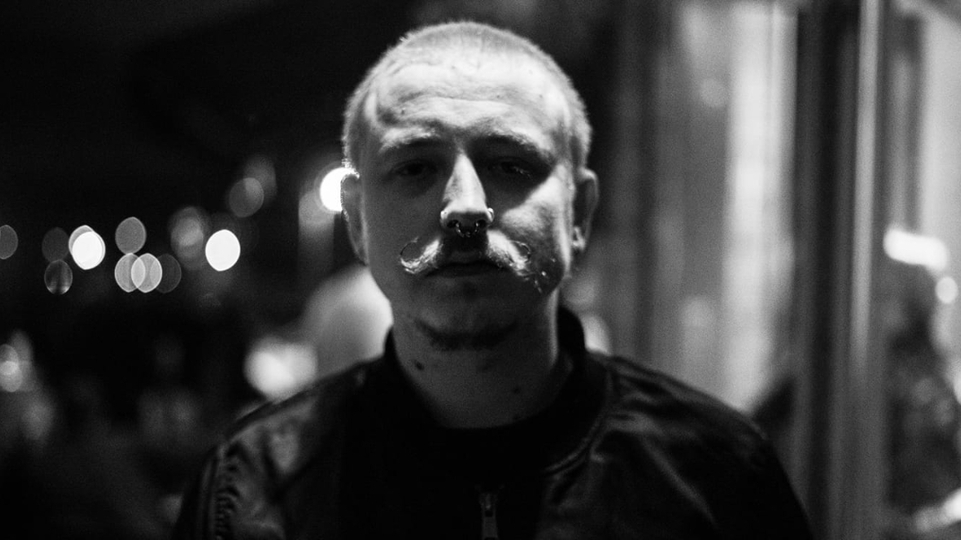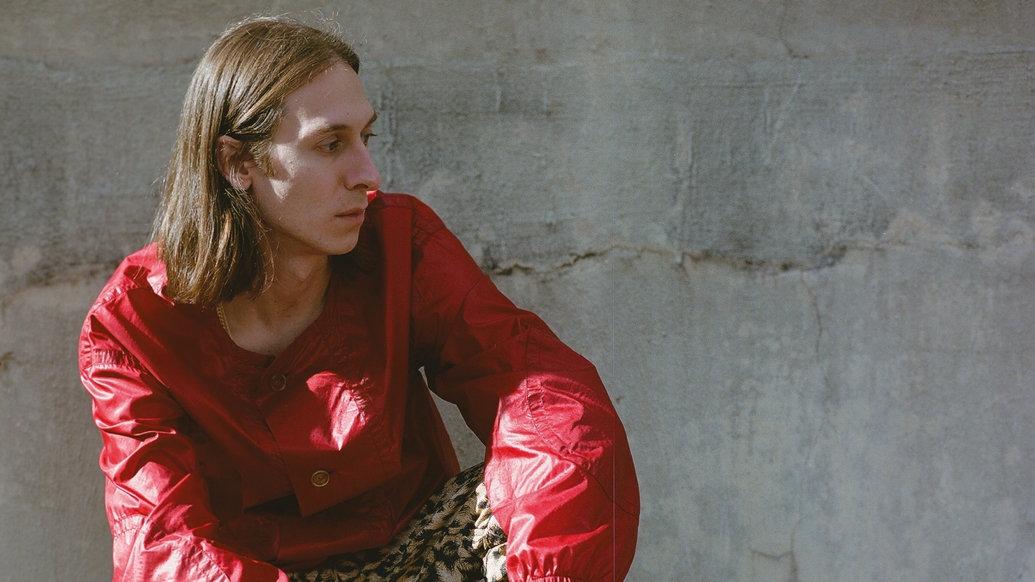
Baltra: High fidelity
New York’s Baltra left behind a career in the stock market to pursue his real love of music. With his debut album ‘Ted’ showing his stylistic diversity beyond the lo-fi house genre he’s been tagged with, DJ Mag learns how the DJ/producer resonates with others by staying true to himself
Years ago, Michael Baltra was presented with a choice of instruments to study, and he decided on the violin. Given the fact that he was only in grammar school and had shown little interest in music up to that point, that choice probably meant nothing. Still, the fact that an artist now known for producing hugely emotional music opted for that most expressive of instruments, one with an unmatched ability to convey the highs and lows of human experience, just might count as a bit of foreshadowing.
“I just remember liking that when you would play the lowest notes it was almost inaudible,” Baltra, now 35, says on a break from his relentless schedule of DJ sets and live gigs. “And when you would hit the highest notes it would be almost screeching. There’s so much range to that instrument, and so much freedom.” But his forays into fiddling were short. “I was more into trading cards, listening to music, sports, the usual stuff. With music I was like... eh, maybe another time.”
It took a few decades, but Baltra’s time certainly arrived. From his 2014 debut through to his recent long-player ‘Ted’, named after his late father and released on his own 96 And Forever label, Baltra has perfected a style of rich, highly textural music that’s soaked in contemplation. His quieter tracks, like ‘Ted’'s hushed ‘Flashback’, linger like whispered sighs; even more raucous numbers along the lines of the spiky ‘Bensalem Owls’, released last year on Martyn’s 3024, are flush with a warm intimacy. It’s the kind of sound that is hard not to like — the sepia-toned, wistful video for 2016’s swooning ‘Fade Away’, for instance, is nearing 3 million views.
It’s a surprise that Baltra, raised in Northeast Philly and living in New York for the past 15 years, is making music at all.
“I’ve never had any proper training in music, except for that violin, and had no plans to follow up on that,” he admits. But genetics may have played a small role. “My father’s first love was early rock & roll, and there was always music around,” he recalls. “I didn’t know until later in his life that he had written songs, and he wanted to be a songwriter. But between his job and raising me and my brother, he just didn’t have the time.” Meanwhile, his older brother was taking him to record shops, and he acquired a love of the era’s hip-hop and R&B, but there was zero thought of getting involved in music, let alone making it a career.
TAKING STOCK
Instead, he moved to N.Y.C. at age 20 to study finance at New York University. Not long after graduating, he realized that monetary matters would not be his life’s work.
“I ended up working for a hedge fund on Wall Street as a junior trader,” he recalls, not so fondly. “I’d wake up at 4:30 in the morning and wouldn’t get home until between 9 and 10pm, six or seven days a week. But I had gotten a couple of turntables, and they were my only escape.” His last day on Wall Street, not entirely by his own choice (it may have been related to a trade he made that lost $1.5 million), was in October of 2008. It was probably a good time to bolt from finance, anyway; not only was the psychological burden of handling large sums of other people’s money wearing on him, but this was just as the full force of the Great Recession was making its way through the financial markets.
Those turntables proved more than an escape from the daily grind. Having learned the ins and outs of mixing, Baltra spent a few years of DJing around town with friends, and eventually started fooling around with Logic. The end result was 2014’s ‘The Vision' EP, a trio of tool-like cuts that merely hinted at the more reflective direction his later music would take. It took him a few more years to find his way.
“It comes off as cheesy, but I had to find myself,” he admits. “I finally figured out that everything I put out should hit deeply with me, emotionally, without ever misrepresenting myself. I’m a sensitive person, and I want to express myself through my music, and I want to do it in a way that other people can relate to.”
By the time of his next releases, 2016’s ‘Sophia’ and ‘Rearview’ EPs, he’d unlocked the key to articulating his inner life in musical form. An elegant heart-on-his-sleeve aura is a near-constant in his music, at times helped along by his own muted voice, at others augmented with ’80s-era R&B vocal samples from the likes of Alexander O’Neal, Kashif and Brandy. Rhythmically, there’s the expected four-to-the-floor, but also plenty of skittering cadences that touch upon dubstep, jungle, electro, ambient, and more. But his range didn’t keep him from being lumped into the lo-fi–house category, alongside Mall Grab, Ross From Friends, DJ Boring, and the rest. (Baltra’s remix of DJ Boring’s ‘I Know You Want To’, it should be noted, is an acidic, life-aff irming gem.)
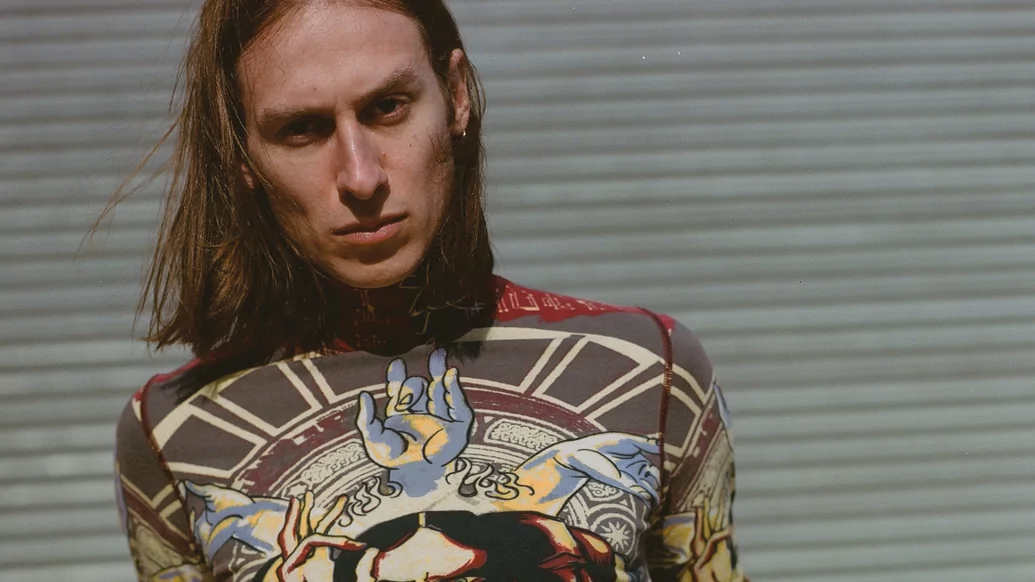

“I’m super-grateful to everyone who I’ve met and collaborated with in lo-fi,” Baltra says, “and there certainly are parts of my music that are maybe a little rough around the edges and sort of lo-fi. But I’m not setting out to make any specific genre of music. Sometimes it just seems like a way for journalists to take the easy route and say, ‘Hey, he makes lo-fi’ — I have to wonder if they’ve ever really listened.”
His music certainly transcends what most people think of as lo-fi, and there’s none of the ironic intent that the genre was sometimes accused of — his sound brims with sincerity. That earnestness is even more evident on ‘Ted’.
THERAPY
The album began life as most albums do. “I had the idea to create a larger body of work,” he explains, “and I started working on it in March of 2017. But a month later, my father was diagnosed and had his first round of chemo. But he was in pretty good spirits, and there was no reason to think that he wouldn’t get through it, even though he had smoked two packs of cigarettes a day for maybe 60 years.” But his father’s condition quickly deteriorated, and he died in late August of that year. Completing the album served as a kind of therapy. “Finishing it helped me to process everything, and it made each of the tracks very meaningful for me.”
Despite its backstory, the album, like most of Baltra’s output, doesn’t hit you over the head with the detailed workings of his emotions. Instead, it’s hinted at by the music’s meditative feel, with any sense of heartache hiding beneath its hazy, dreamy surface. “When someone is listening to my music, I’m mainly hoping that it takes them into a different realm, a different universe or reality,” he says. “It’s not really a conscious effort, but even when I make a track that’s a little more intense, there’s always going to be an aspect of it that people can find solace and comfort in.”
He achieves that goal via a stripped-back production technique, mainly working without much more than his laptop. “I don’t have much, really. I’m that guy who will use Maschine [the software plug-in], but doesn’t use the machine [hardware] for it,” he jokes. He’s not anti-hardware, exactly, but he does have his reservations. “It’s possible that I’ll become a gearhead in the future,” he admits, “but I actually fear it a little bit, because there’s a distraction element to it. And I’m in transit so much, so I find it easiest to do pretty much everything inside the box. As long as you get the sound that you want, I don’t think it matters how you’re getting there, anyway.”
Baltra’s DJ sets are similarly simple, working without much more than a pair of CDJs. “My sets are mainly about the music that I’m inspired by,” he says, “and I’d rather save any element of showmanship for the live show, anyway.” Not that those live gigs are exactly extravaganzas, either — beyond the occasional addition of his own live vocals, they’re refreshingly simple affairs. “I’m now using Ableton, so it’s a bit more streamlined than it was,” he explains, “and I’m using CDJs for the transitions. It’s certainly not a jam session. I think I have songs that are quite recognizable to my audience, and for me to do a total jam session wouldn’t be doing a service to the tracks. I’m putting my focus less on reconstruction, and more on the interaction between me and the audience.”
When he’s not working his magic on the road or in front of his computer screen, Baltra and his fashion-photographer wife tend to live a peaceful New York life.
“I’m a pretty normal guy, I think,” he says, “and the time gets filled up by pretty normal shit — going for walks, going to museums, everyday stuff.” He’s also tending to a new addition to the family. “We just got a puppy, a pug, and that’s pretty amazing. I never was a dog person growing up... but now I am totally that person. Every time I see one on the street, I’m just falling all over them!” The pup’s name, fittingly, is Teddy.
And there’s one thing he doesn’t do at all. “I never, never pay attention to the stock market,” he says with a laugh.
